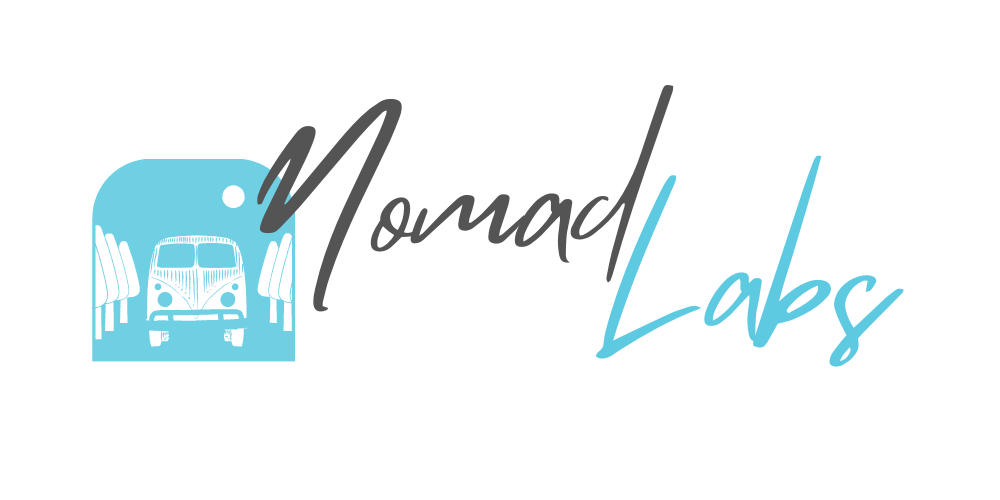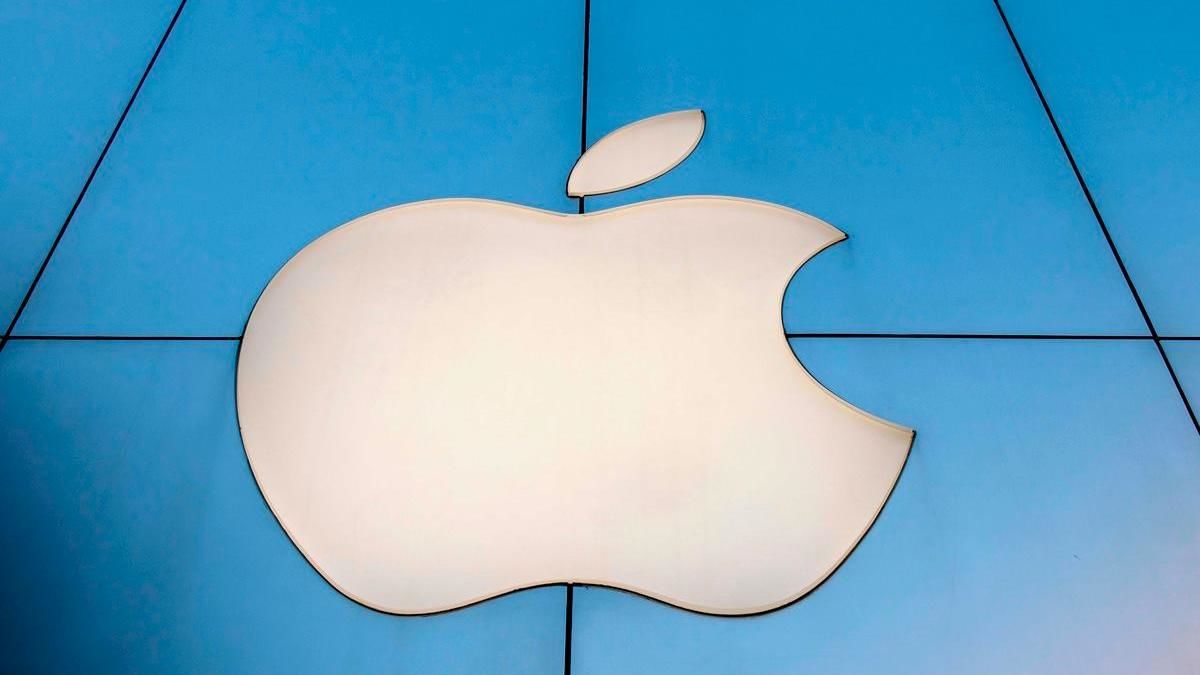When it comes to exploring new options for solving a problem, Capuchin and Rhesus monkeys show more cognitive flexibility than humans, say US scientists. Explanations.
Humans live in complex environments and inevitably have to rely on incomplete information to make decisions. The logical shortcuts they use save them an effort while helping them solve dozens of everyday situations, especially when they occur in a known environment.
But by blindly following a certain strategy, humans do not always allow themselves to evaluate other solutions that are sometimes more effective, unlike the two species of monkeys studied in the present works.
Monkeys less refractory to change
Psychology researcher Julia Watzek and her colleagues at Georgia State University have shown that Capuchin and Rhesus macaque monkeys are significantly less sensitive to cognitive biases (distortions in the cognitive processing of information). than humans when given the opportunity to switch to a more effective option.
The study included 60 humans, 7 rhesus macaques and 22 capuchins.
By trial and error, using a computer, monkeys and humans had to follow a pattern by pushing a striped square, then a dotted square, and finally a triangle to reach a goal and receive a reward.
For humans, this reward was the hearing of a jingle and the accumulation of points, and for the monkeys, it was a banana pellet.
In the case of a bad result, participants in all three groups were not eligible for any reward.
Then, after the participants had clearly identified the strategy leading to the reward, the researchers presented them with the triangle option from the beginning, without having to push the patterned squares in order to achieve the goal. .
The results show that all monkeys quickly used the shortcut, while 61% of humans did not choose this option. In fact, as many as 70% of the monkeys used the shortcut the very first time it was available compared to a single human.
Humans are a unique species and exceptionally different from all other creatures on the planet, but they can be very stupid , says Watzek.
We [humans] rely a lot on “rote” and on the fact that we’ve been taught a lot of times not to take shortcuts.
Julia Watzek
After being shown a video showing someone taking the shortcut, more humans took it too, but about 30% still did not.
We are less and less surprised to see primates sometimes be more resourceful than humans.
Julia Watzek
In another test, the researchers explained to human participants that they should not be afraid to try something new.
They were more likely to use the shortcut, but many of them still have not.
Julia Watzek
This study illustrates, according to the researchers, how prejudices acquired can lead humans to make inefficient decisions and miss opportunities.
Often, sticking to what is familiar and experienced, such as taking a certain commute to work, is not a problem and has no cost compared to another option , says the researcher.
At other times, however, the use of inefficient, biased or outdated practices may have more serious consequences.
To prepare ourselves to make good decisions, we sometimes have to re-evaluate the options available to us.
Julia Watzek
The details of this work is published in Scientific Reports (New Window)the magazine Nature (in English).
These results support those of other studies conducted on other primates, such as baboons and chimpanzees, who also showed greater openness to using optional shortcuts to achieve their ends, compared to humans who persisted in using a familiar strategy despite its relative inefficiency.









Leave a Reply